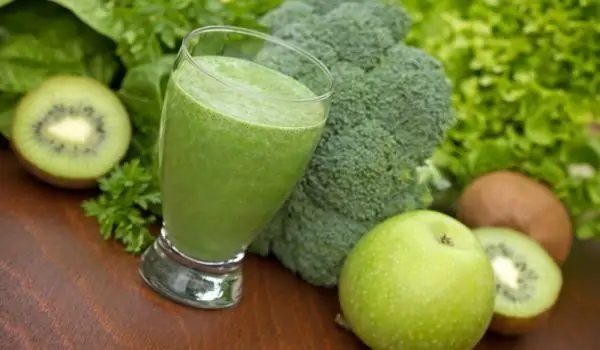2025 Author: Jasmine Walkman | [email protected]. Last modified: 2025-01-23 10:18
An allergic reaction is defined when the body reacts hypersensitively to a particular antigen and it is not only recognized by the immune system, but provokes an immune response.
Some people get allergic reactions not only from cosmetics, pollen, dust, but also from food. These allergic reactions are one of the most common.
The allergens that most often cause such problems are:
Milk
The most popular allergy is to milk. Lactose intolerance occurs when the enzyme lactase, which breaks down lactose, is low or lacking. Common consequences are abdominal pain, gas and upset.
Also, some people have an intolerance to the proteins in milk, which leads to bronchospasm, swelling, fever, low blood pressure and more.
Eggs
Eggs are an allergen because they are made up of different types of proteins. Some of the proteins can be strong allergens. In some cases, there is an allergy to egg yolk. The allergic reaction most often manifests itself as asthma, allergic rhinitis, dermatitis and others.
Nuts
Nut allergy is one of the most common. Some people may get an allergic reaction from swallowing just two or three peanuts. The allergic reaction is thought to be caused by the binding of proteins in the immune system to those in peanuts.
Chocolate
Undoubtedly, this is the most unwanted allergy. Apart from cocoa as an allergen, an allergic reaction can also occur from various food additives such as milk, soy, eggs, hazelnut or peanut powder. Symptoms of chocolate allergy are irritation and asthma.
Spices
Spices are a common allergen, especially in children. A study shows that about 50% of 100 children have allergic reactions to red pepper, cumin, dill, sesame, cinnamon, coriander, mustard and others. Undoubtedly, the dish with spices is much tastier, but in such cases we must take into account the ingredients and quantity. We can cleverly replace allergenic spices with others and keep the taste just as attractive.
Recommended:
From Which Food Which Microelements Can We Get?

Living matter is made up of about 90 naturally occurring chemical elements. Although we sometimes need to take supplements to help our micronutrient levels, the main way to get them is by eating right. Undoubtedly, fruits and vegetables are very often associated with trace elements, and the more vegetables and fruits we eat, the better.
Which Drinks Are Combined With Which Foods

When we eat, we try to fully enjoy the taste of the dish. To better highlight its benefits, we must combine our food with the right drinks. Good food served with the wrong drink can spoil the pleasure of eating and there is a possibility that the dish will remain underestimated.
Which High-calorie Foods Are Useful And Which Are Harmful

Many of us are probably wondering if it is possible to eat foods that are high in calories and at the same time not worry about our health and largely about our weight. In most cases, these products are not expensive. Here's a list of some pretty high-calorie but healthy products:
See From Which Foods Which Elements To Get?

We humans consume many and varied foods, but do we know what they actually contain. Do we know which to focus on and which to avoid? With the consumption of certain products we can naturally get the necessary substances for our body, instead of taking them in the form of tablets.
Which Foods Are Good For The Thyroid Gland And Which Are Not

Thyroid problems are difficult to detect. The symptoms are usually weight problems, lack of energy and indigestion. The constant feeling of fatigue is accompanied by swelling. In order to be able to produce hormones and function properly, the thyroid gland needs iodine.

